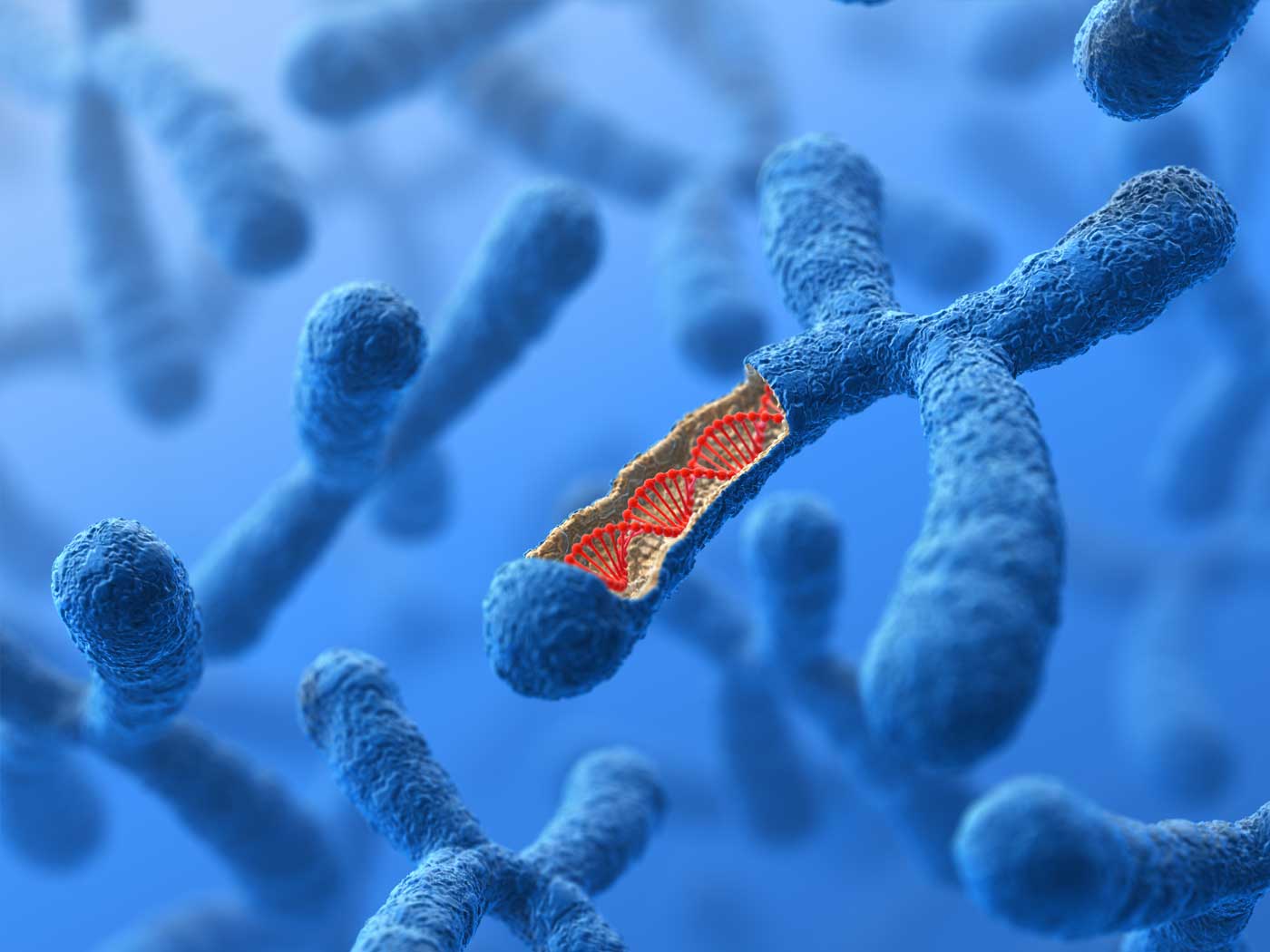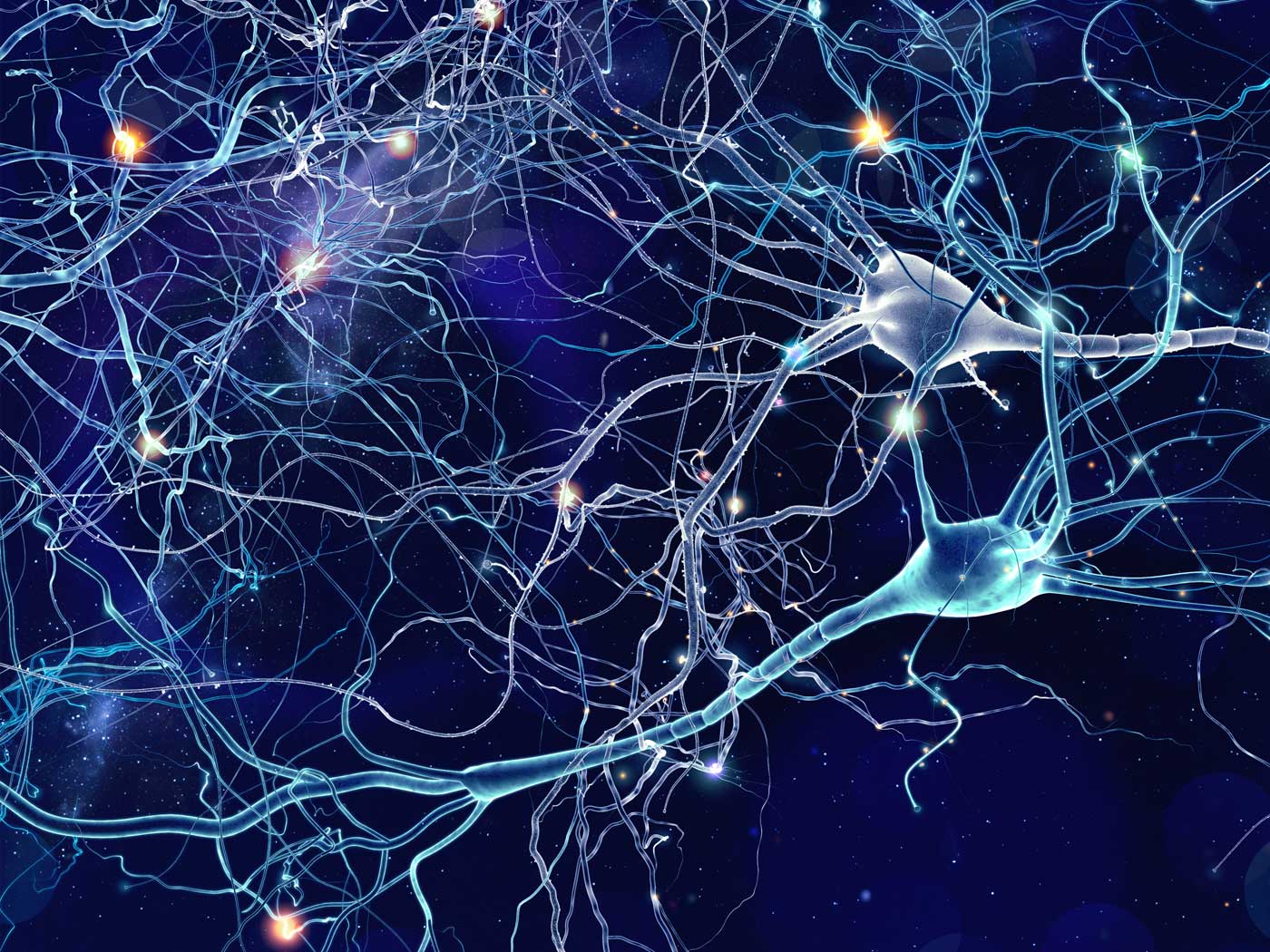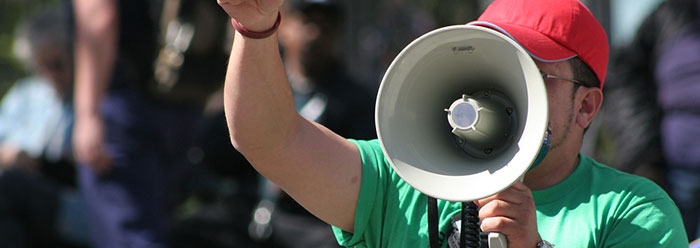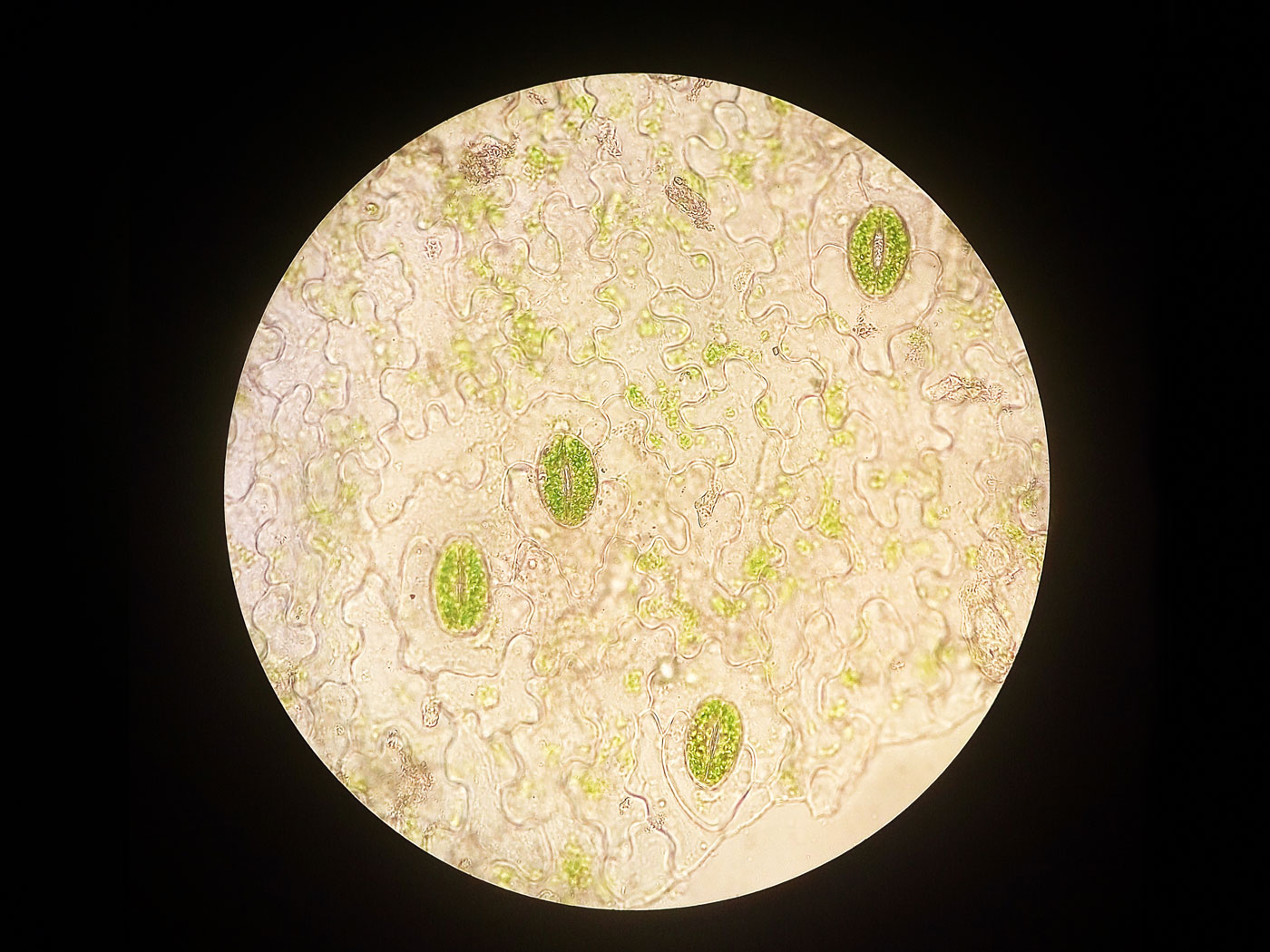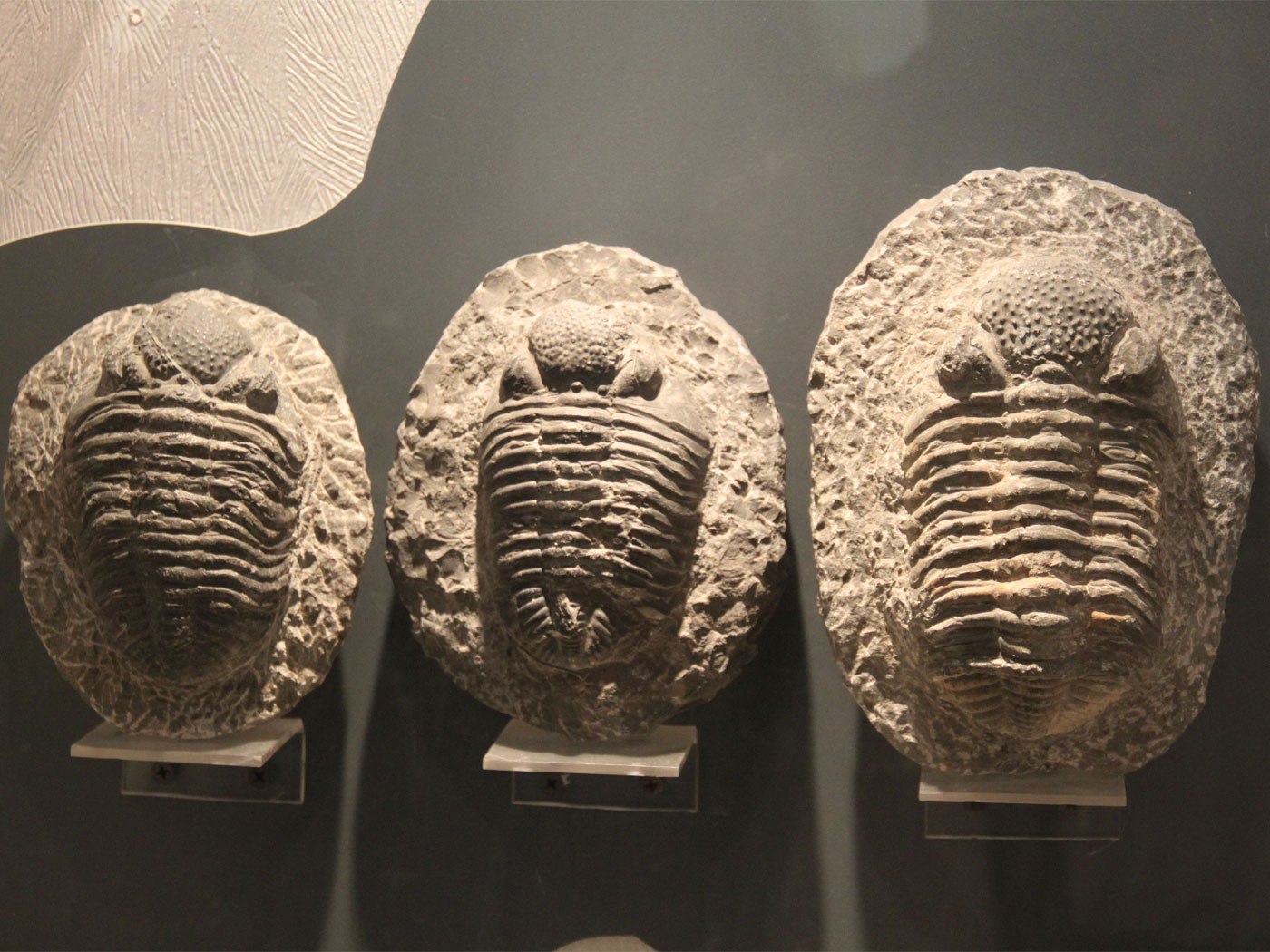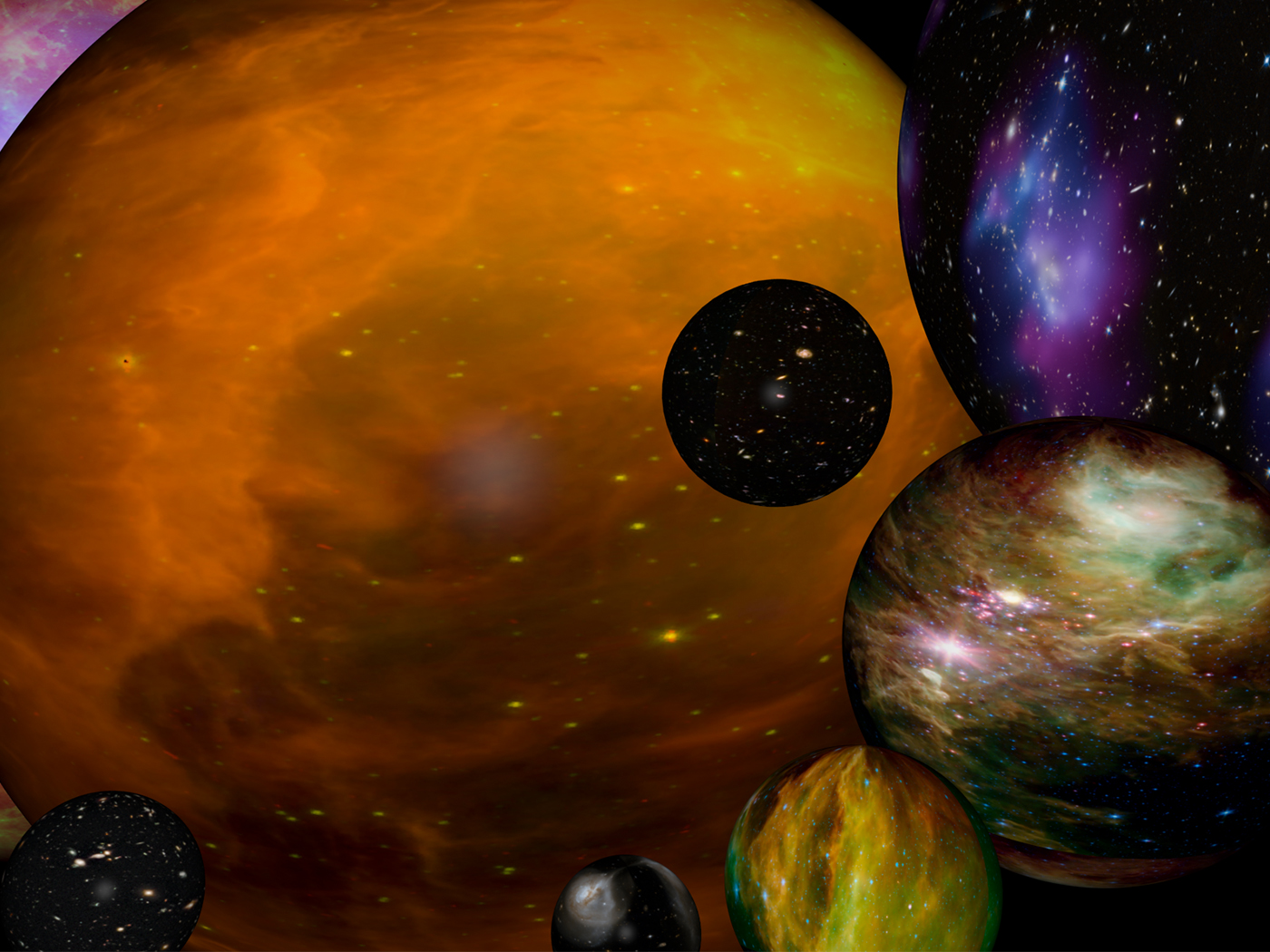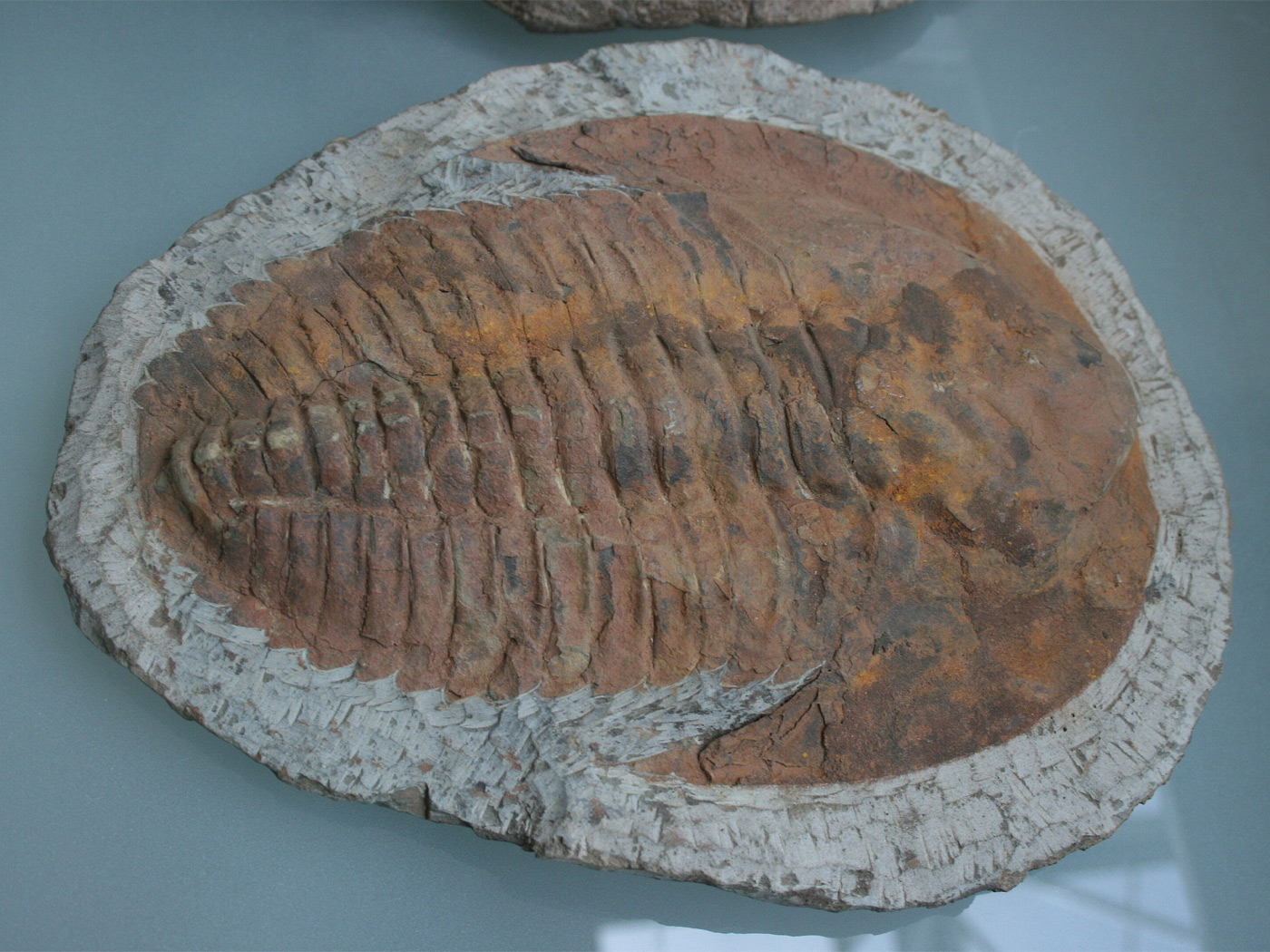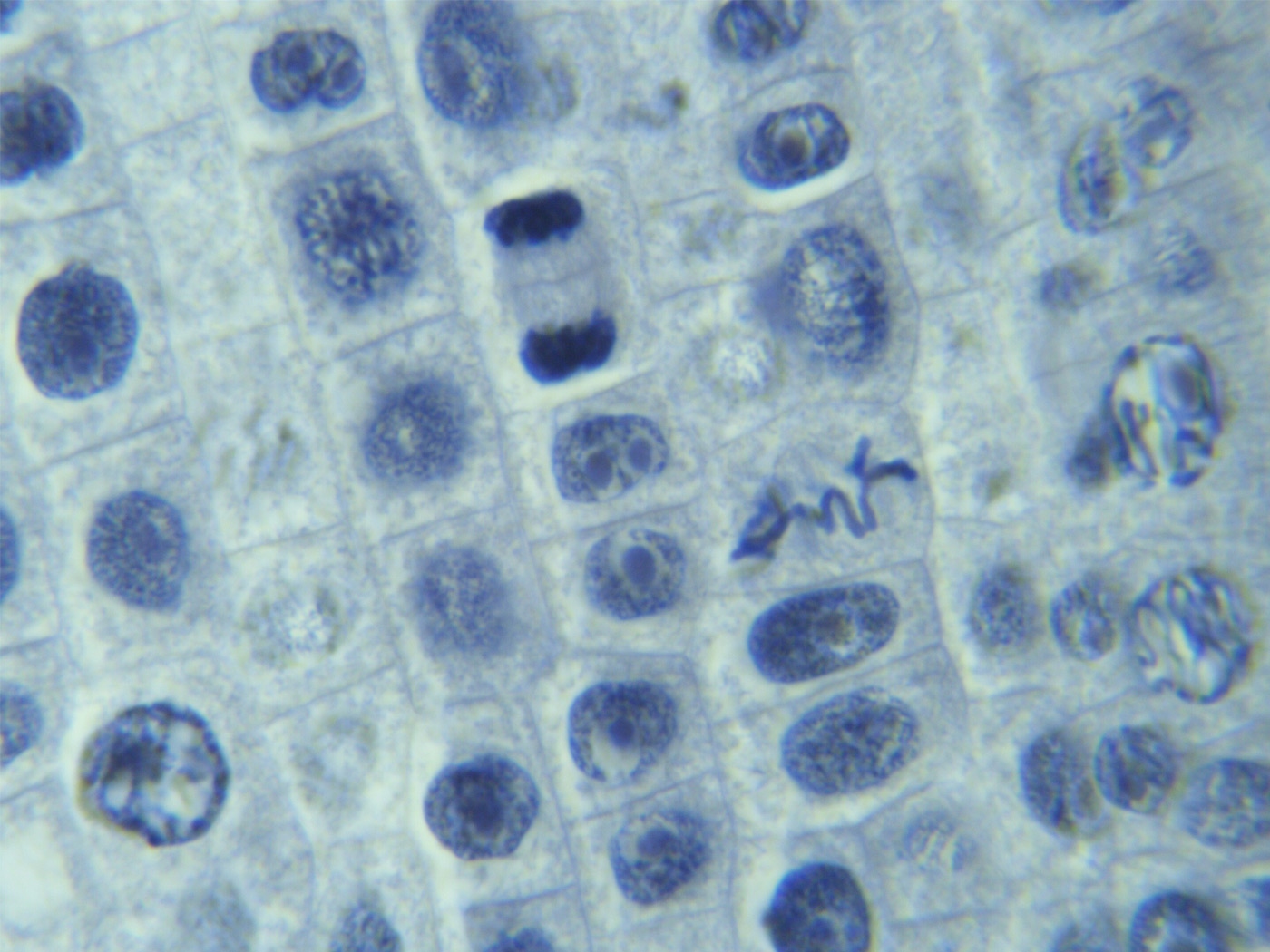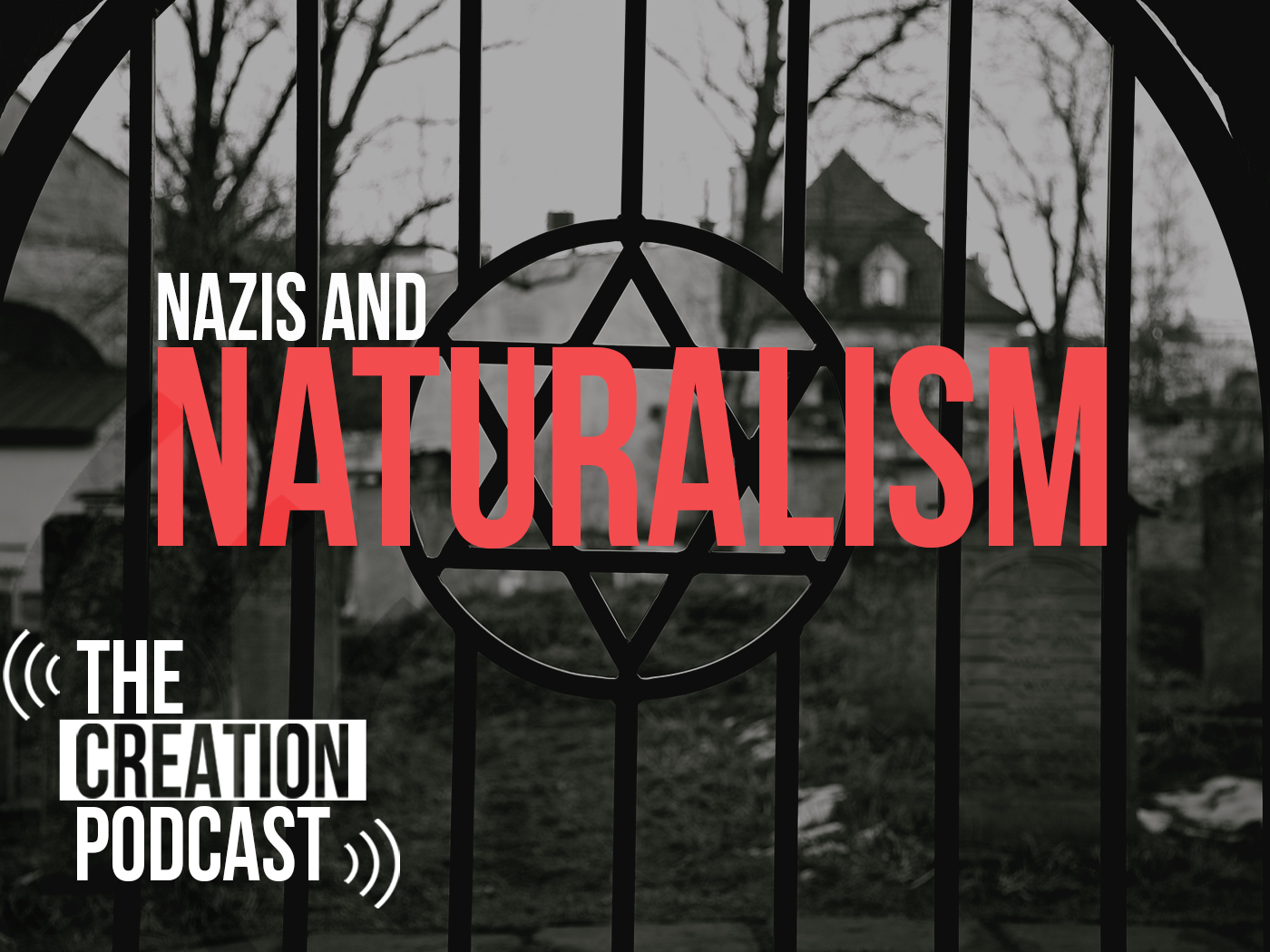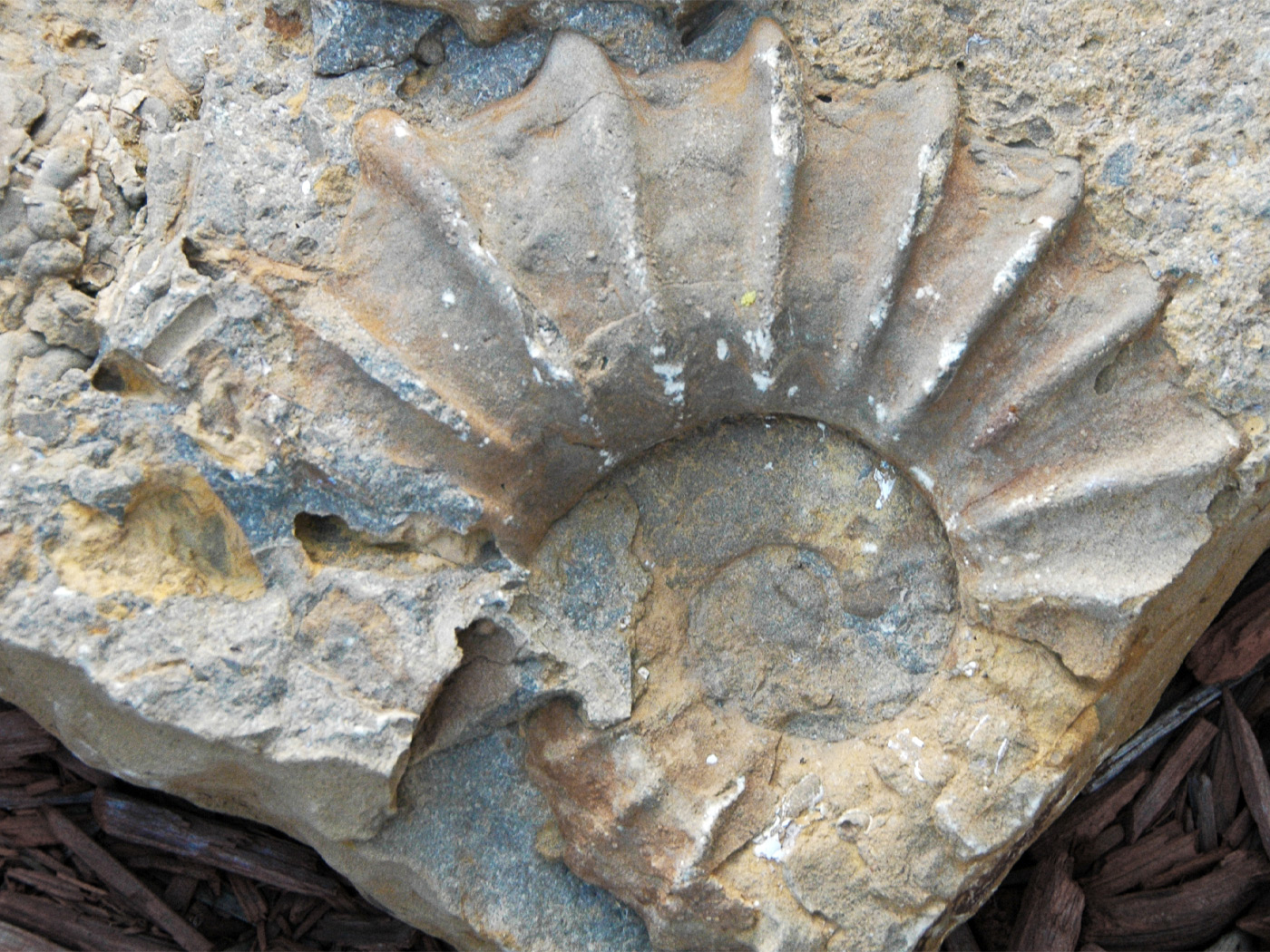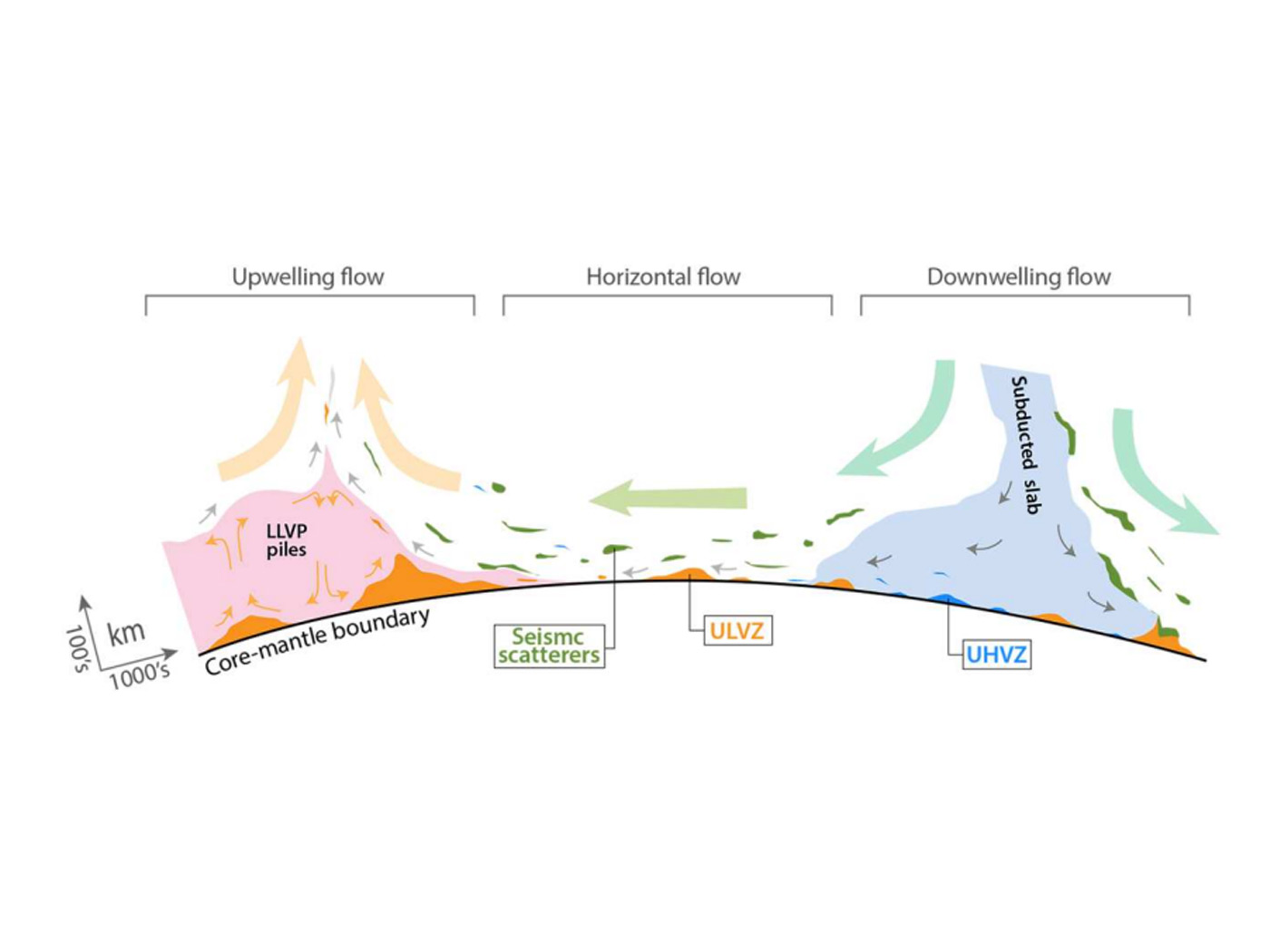Scientists recently studied laughter in different animals, such as rats and primates, by tickling them. One study compared the sounds made by humans and great apes:
[The researchers] found many acoustic similarities, which has led them to believe that laughter in great apes shared the same evolutionary origin as laughter in humans, suggesting a common ancestor that giggled when tickled.1
They concluded that "laughter is at least 30 million to 60 million years old."1 With a range of 30 million years, though, it's safe to assume that evolutionists have no idea when laughter evolved.2
The BBC reported that tickling a gorilla "sounds a lot like human laughter."1 However, evolutionists maintain that people evolved from chimpanzee-like ancestors—not gorilla-like. Also, macaws, parrots, and other birds can mimic human laughter even more closely than any primate can, but evolutionists don't suggest that people evolved from parrots.
And recent reports found that pigeons have numerical abilities like those of primates. Researchers observed pigeons employing "abstract numerical rules" that are "indistinguishable from that displayed by monkeys."3 Does this mean that primates share the same evolutionary origin as pigeons?
The case for laughter could be compared to shivering. When mammals, as well as some large insects and birds, get cold by an external stimulus, they react by shivering. This is the rapid contraction of large muscle groups generating heat, otherwise known as involuntary thermogenesis. An ability to shiver doesn't suggest that the creatures that do it come from a common ancestor. The same goes for laughing (the reaction) when tickled (the external stimulus).
So, it would make sense that rats would react, albeit subjectively, to the tickling.4 A variety of animals do,5 but does this reveal anything about how human laughter evolved? The answer is "no."
References
- Morelle, R. Scientists tickle animals to find laughter clues. BBC News. Posted on bbc.co.uk December 29, 2011, accessed January 30, 2012.
- Sherwin, F. 2004. The Origin of Laughter. Acts & Facts. 33 (7).
- Scarf, D., H. Hayne and M. Colombo. 2011. Pigeons on Par with Primates in Numerical Competence. Science. 334 (6063): 1664.
- Panksepp, J. and J. Burgdorf. 2003. "Laughing" rats and the evolutionary antecedents of human joy? Physiology & Behavior. 79 (3): 533-547.
- Tickled apes yield laughter clue. BBC News. Posted on news.bbc.co.uk June 4, 2009, accessed January 30, 2012.
* Mr. Sherwin is Research Associate, Senior Lecturer, and Science Writer at the Institute for Creation Research.
Article posted on February 9, 2012.





